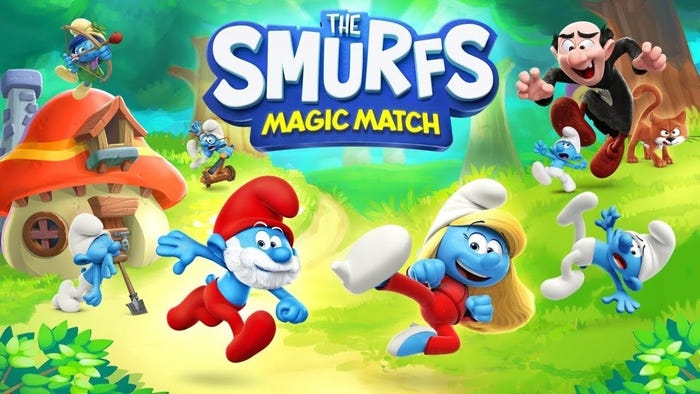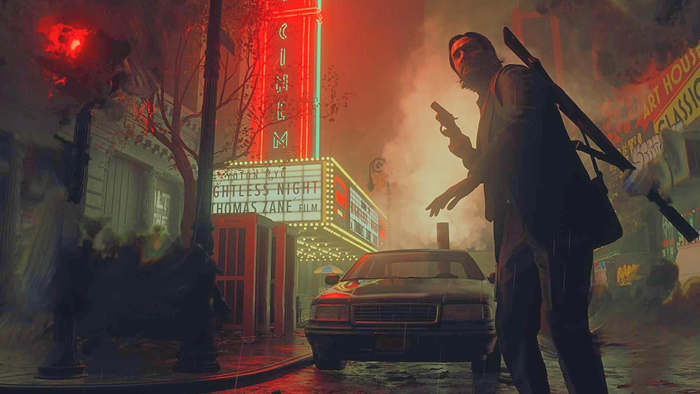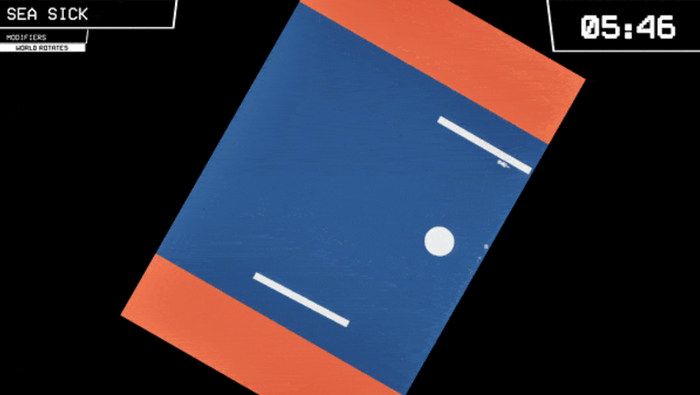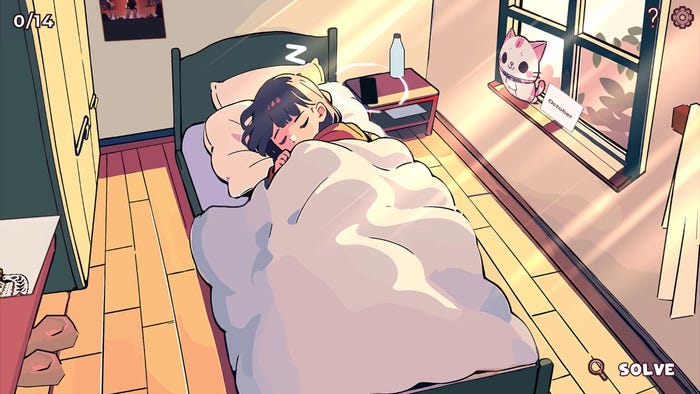Why Do Independent Games Take So Long To Make?
Why Do Independent Game Developers Take So Long To Make Games? Is it because they're lazy? Or too poor? No - the reality is what you see/play is only the very tip of the iceberg.

Why Do Independent Game Developers Take So Long To Make Games?
Arnt Jensen drew sketches for Limbo in 2004.
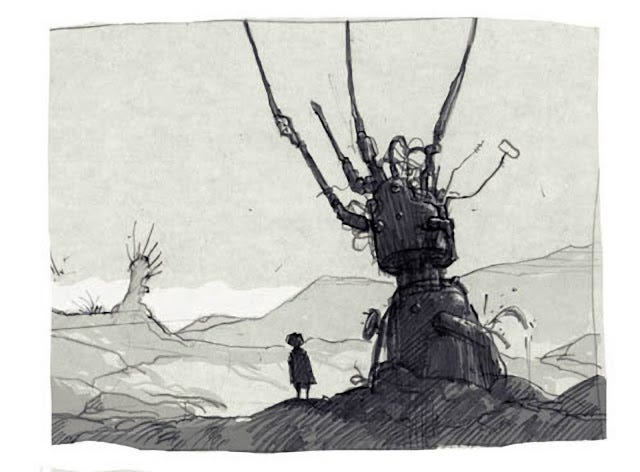
He produced a concept trailer in 2006 with some help.
This led him to meet Dino Patti. They founded Playdeadtogether, worked on the game for 4 years, and Limbo was finally released in 2010 on Xbox 360.
6 years for a black and white linear game a few hours long.
We find similar stories for every nearly every notable indie game.
Fez? Phil Fish took almost 6 years to make it, with an incredibly troubled development, well documented in ‘Indie Game: The Movie’.
Cave Story? It tooks Daisuke ‘Pixel’ Amaya 5+ years, working every minute of his spare time.
Speed-run legend Spelunky? Derek Yu started prototyping in 2007, released a freeware version in 2008, but the final commercial game was out on Xbox in 2012. 5 years total.
Braid? Jonathan Blow spent more than 3 years on it. After his success, he reinvested everything to create The Witness, which took a pinch longer at 7 years!
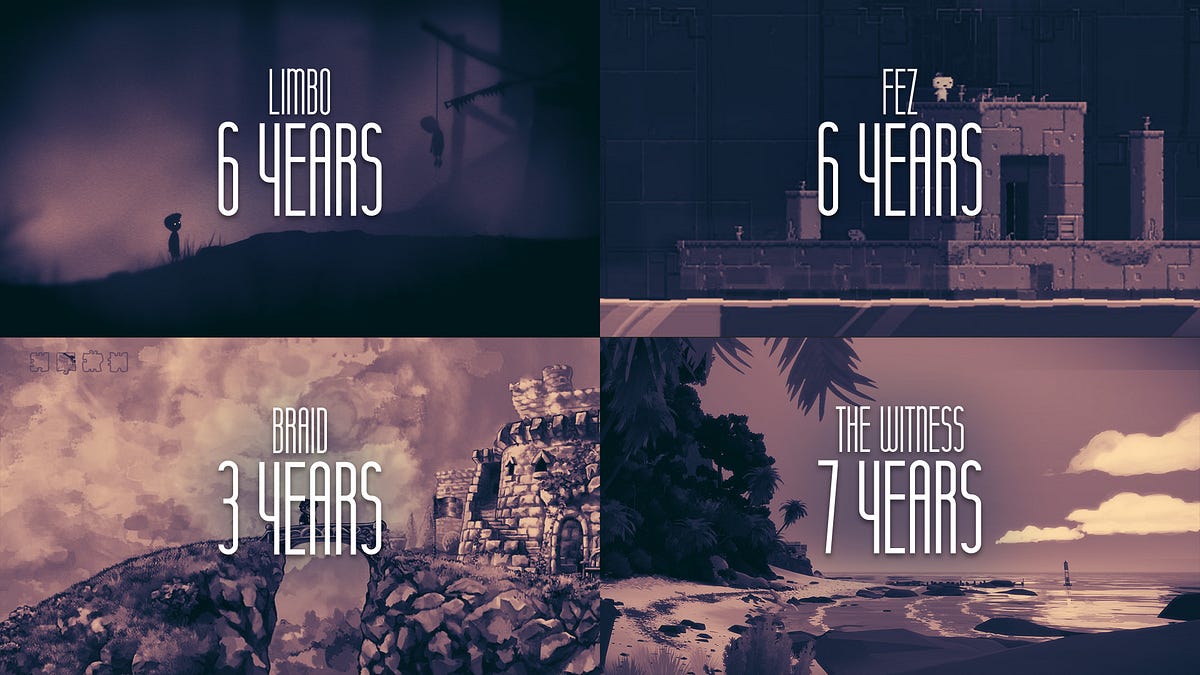
You might ask why? Especially when Ubisoft can crank out a new Assassin’s Creed every year, while Naughty Dog made a new Uncharted & The Last of Usin a few years? What’s wrong with this picture? What does it take to create levels, a few enemies and puzzles, a simple mechanic and some non-interactive dialogue?
On that note — why has it taken us 2 years to come out from the shadows since we won the #cyberpunkgamejam in March 2014? Let us explain. First, there’s something you have to realise:
Making A Game Involves Loads of Not Actually Making The Game
When you’re indie, you don’t have a ready-made structure that is production-ready and enables you to go into an office, sit down with a team, rules, a canteen, and work daily on a video game. When you’re indie, you have to start from scratch.

Sketches for our logo. It was a painful process.
It means that you have to create a company. If you’ve never had prior experience with that, good luck. First, you have to find, convince, and hire your talent to compose a team that can achieve your vision. Second, but no less important to get right at the start, is the legal side. There is a ****ton of admin to get through, but it’s essential in order to be professional and give your team some security. No-one likes to work on trust, and you certainly can’t eat excitement for lunch.
It’s also a little trickier when you’re not yet funded of course. Banks don’t care. Family can be supportive but usually they don’t understand how serious your business is, and unless you’re very lucky they’re not going to do the bank’s job.
If you never had experience with management, suddenly you have to learn how to manage your team, schedule and split the workload, and it’s even harder if you’re split across continents. You have to find the right tools likeTrello, Slack, Google Docs, Dropbox, Github, whatever, pay for them and learn how to use them. You have to create logos, emails, business cards, in-depth design documents, both for business, funding purposes and for your team.
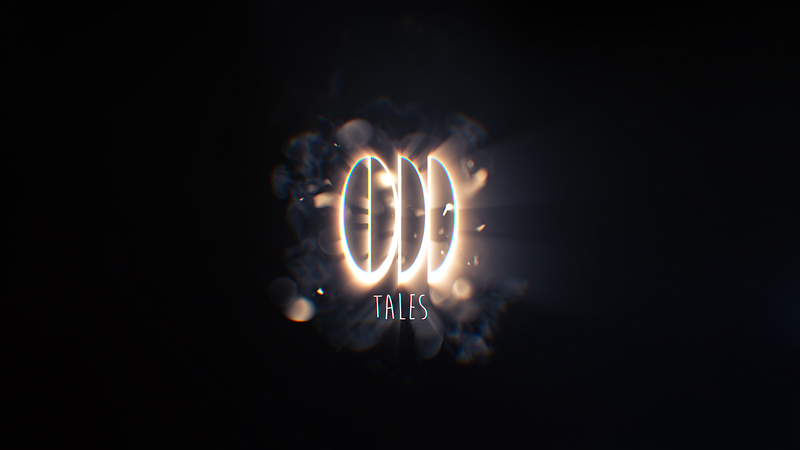
Our final logo. We love it.
If you’re an easily stressed person, good luck pitching your dream to seasoned publishers who answer to the bottom line. You have to make the game known among the community, before and during development: gamers, YouTubers and journalists. You have to learn and teach yourself how to make the best out of what’s available on the market to create a game. Unity? Unreal Engine 4? CryEngine? Lumberyard? Are you going to write an engine from scratch?
Making a game is largely about making good calls at important moments. For instance we wanted to use normal mapping in pixel art back in 2012. No game ever did that before. 4 years later, there are plenty of tools available on the market. If we paid someone in-house to do it, it wouldn’t have been worth it. It would have been worse than just a waste of money.
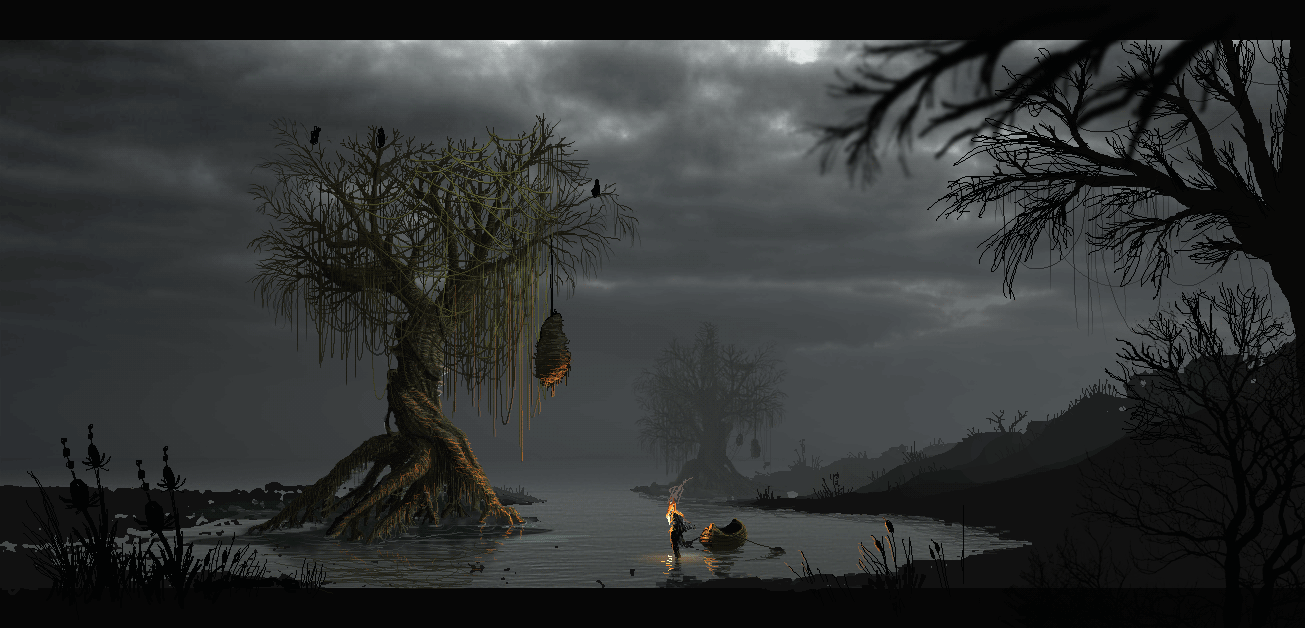
We’re lucky we didn’t spend time & money to program this dynamic lighting back in 2012. Screenshot from Behind Nowhere, our previous project.
So yes, we know you’re looking forward to The Last Night and might be wondering why we’ve not shown more yet. The answer is precisely because we’re so serious about making it happen, and properly. Creating even a seemingly simple game is an astounding, colossal task.
For us, it really just comes down to us making sure our house is in order before we could actually start talking openly about our game. And the unfortunate fact of game development is that most of the boring admin is front-loaded.
When we made the gamejam in March 2014, we weren’t yet game developers. We had no prior experience of the industry or of being entrepreneurs. We were just two brothers making a gamejam for fun.
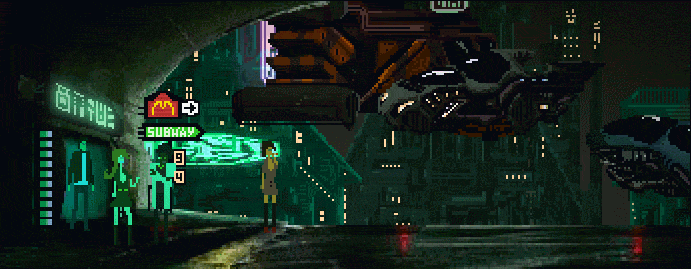
One of the only five scenes in the gamejam version of The Last Night. There was no real world behind all of this in our mind back then, just an intuition.
It took almost two years to design and imagine a full world, to immerse ourselves in cyberpunk culture in order to be able to subvert it, to learn how to make the most of game engines, to create a company, to find funding and hire a team of five great talents operating everyday on the full scale project.
The most important thing to remember is that these two years have been absolutely essential for us. They’ve allowed us to get set up properly, find great people, and to start on the long hard path to making the best game we know we’re capable of making.
The game that many of you are hopefully already looking forward to. We can’t tell you where that freedom is coming from (yet) but suffice to say we’re humbled to have the opportunities we have.
We’re also seriously thrilled every time we hear from one of you, even though we can usually only respond with ‘more info soon..’ because it reminds us that it’s all worth it.
Read more on our official devblog: https://medium.com/the-last-night-devblog ;
Or follow Tim and/or Danny on Twitter : @timsoret @madquills
Read more about:
BlogsAbout the Author(s)
You May Also Like


